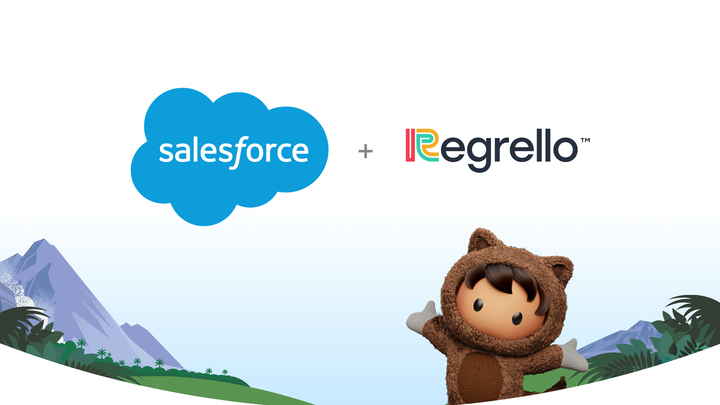Zoho is a privately held software development company that offers a wide range of products for businesses of all sizes. The company was founded in 1996 in India, and it has since grown to become a major player in the software industry.
One of the most notable aspects of Zoho is its extensive product portfolio, which includes solutions for various business functions such as customer relationship management, accounting, human resources, and more. Some of their popular products are CRM, Mail, Office Suite, Creator, and Books.
Zoho CRM, for example, is a comprehensive CRM solution that helps businesses manage their sales, marketing, and customer support activities. Zoho Mail, on the other hand, is a web-based email service that offers a range of features such as calendar, contacts, and tasks.
In addition to its diverse product offering, Zoho is also known for its commitment to customer service and support. The company offers a wide range of resources, including documentation, tutorials, and webinars, to help customers make the most of its products.
Despite its success, Zoho has no plans to go public. According to the CEO, Sridhar Vembu, the company is focused on building a sustainable business model, rather than chasing short-term gains. He believes that going public would pressure the company to focus on meeting quarterly earnings targets, rather than long-term growth.
However, it’s worth noting that this doesn’t mean that Zoho will never go public. The company could change its mind in the future if it feels that going public would be in the best interest of its shareholders.
